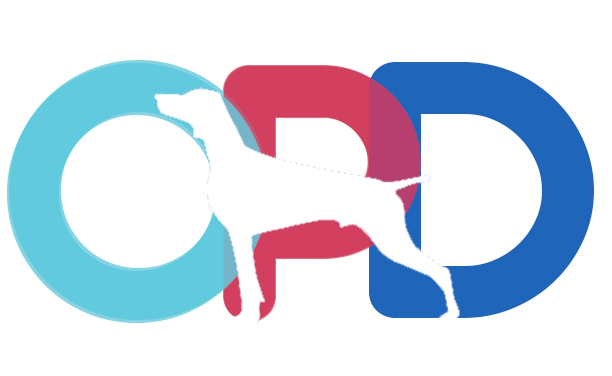Vitamin C for dogs should be in a buffered form, which means that it should be received via Calcium Ascorbate instead of Ascorbic Acid (vitamin C for humans).
Replacing Ascorbic Acid with Calcium Ascorbate is important because dogs have 10 times more HCl acid in their stomachs. This causes them to have a much more difficult time digesting any acid products.
Interestingly, humans, monkeys, guinea pigs, Mediterranean fruit bats and the Red Vented Bulbul (a bird) are the only animals that do not make Vitamin C in our/their bodies.
ALL other animals’ bodies, including dogs, make Vitamin C, so it is not typically provided in dog food. The problem comes when your dog does not have a healthy immune system.
Not all dogs produce enough Vitamin C due to things like stress, surgery, over-vaccination and genetics. In the wild, these animals would be eating a raw diet to compensate.
And guess what raw meat contains… vitamin C! When meat is cooked or heated the Vitamin C is destroyed. As a result, there is no Vitamin C in a cooked dog food diet.
Additional Sources of Vitamin C for Dogs
A raw natural dog food diet is ideal for dogs with Vitamin C deficiencies. If the raw diet is not helping enough, then introducing a Vitamin C supplement makes sense.
If your veterinarian says that your dog needs supplementation, we highly recommend the Mega C Powder from Orthomolecular Specialties, developed by Wendell O. Belfield, DVM.
If you are interested in a more in depth review of supplements, see our Dog Dietary Supplements page or pick up Dr. Pitcairn’s book, Natural Health for Dogs and Cats. In addition to supplements, it contains information about almost any issue you can think of related to dog care.
Do you believe in holistic pet care? If so, please tell your friends about us. Thank you for supporting our efforts!
